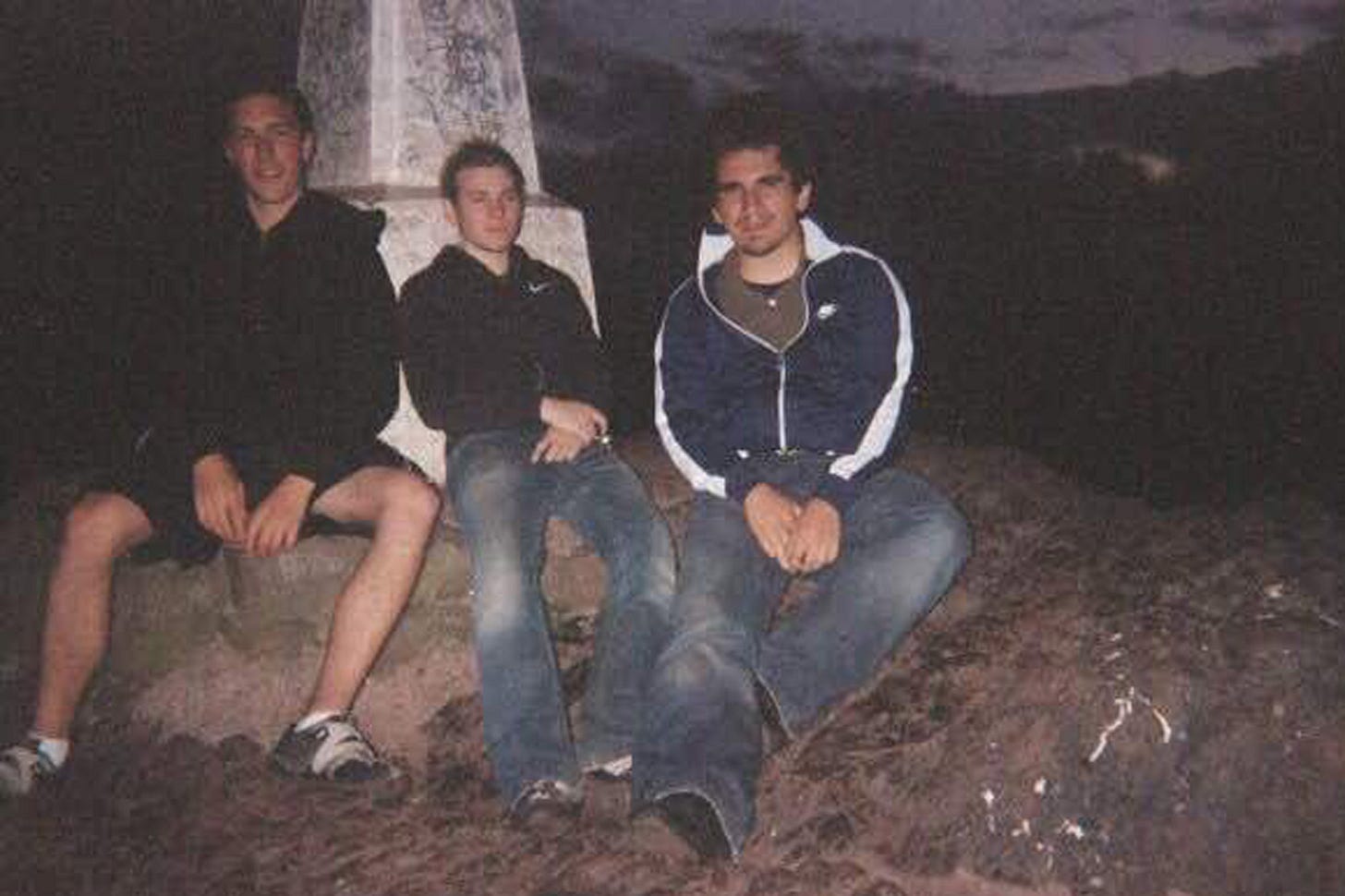Keeping the Promise
On not losing who we were as children, plus what I've been reading, watching, and listening to.

Once again, I’m playing with formats. This week, I’m using my Attic Club entry as a response to—or better yet, an exposition of—my Monday column, a translation of a popular story by my favorite Spanish-language writer. If you haven’t read it, the story is about Hernán Casciari traveling back in time to ask the 11-year-old version of himself for advice about a literary issue.
The story explores vocation and has elements of dreaming and time travel that, as a devoted Casciarista, I’ve also explored. But the reason I was moved by it, and thus decided to translate it for an English-speaking audience, is because of the moral: that we become what we promised ourselves we would become as children. Or rather that we should, as adults, become who we wished we’d be before we knew about things like mortgages, student debt, and ladders you climb to nowhere. We should, in our middle years, pay homage or feel indebted to our younger selves who willed us along.
In Casciari’s story, his adult self says he’s “an employee” of the small-town, 11-year-old who dreamed of becoming a Big City writer. He felt obligated to turn his dreams into reality. I’m certain there are people who feel the same way about what they’re doing—that it’s the fulfillment of what they’ve longed for since childhood. However, I bet a larger proportion of us, worn down and cynical from the grind, feel as if we’ve failed our young selves. We once dreamed of going but stayed. We sought to become more but haven’t.
When I started this Substack in 2021, I posed the question: “When did we lose our imaginations?” At the time, I’d just read Matthew Olzmann’s beautiful poem, “Letter to the Person Who, During the Q&A Session After the Reading, Asked for Career Advice,” which lists all the cool jobs we could pursue but don’t because either family, professors, or other mentors ask us to be serious. “You need to follow your passion as long as your passion is not poetry and is definitely a hedge fund,” Olzmann writes in one line.
There are many legitimate reasons why most of us are not astronauts, marine biologists, rock stars, skateboarders, boat captains, or the President. Some of these may be a lack of money or family connections to get started (I can’t help but get depressed every time I learn a new writer I love had a parent who was an English professor, a New York Times columnist, or a publishing editor). Or because we turned out, in the end, not to be that good at skateboarding or bass guitar (i.e., me). Or because we wanted to settle down and have a family, and that’s nearly impossible without the stability afforded by a regular income, housing, and health insurance.
But other times, the reason is simply because we gave up or in. This is the one that most troubles me. I wonder if I could’ve tried harder to be the things I wanted to be at 11 or 17 or 25. My regrets show up right as I close my eyes at night and fight to sleep. I wonder if I should’ve betrayed my parents’ wishes and gone to Oberlin or passed up grad school and gone to seminary or moved to Argentina and planted a church or spent late nights writing letters to publishers and literary agents, submitting stories to established journals, instead of scribbling blog posts into the void of the internet.
I don’t want to become a cynical old man who looks back regretfully on all he could’ve done and didn’t. I have enough examples of that in my life to know better.
Keep reading with a 7-day free trial
Subscribe to Storytime with Big Head to keep reading this post and get 7 days of free access to the full post archives.


